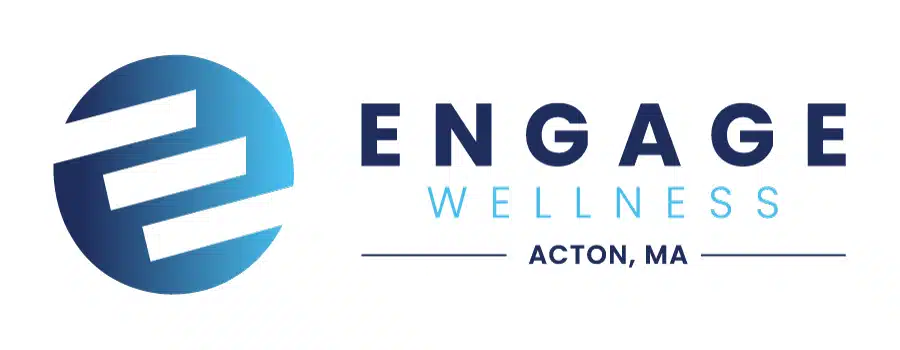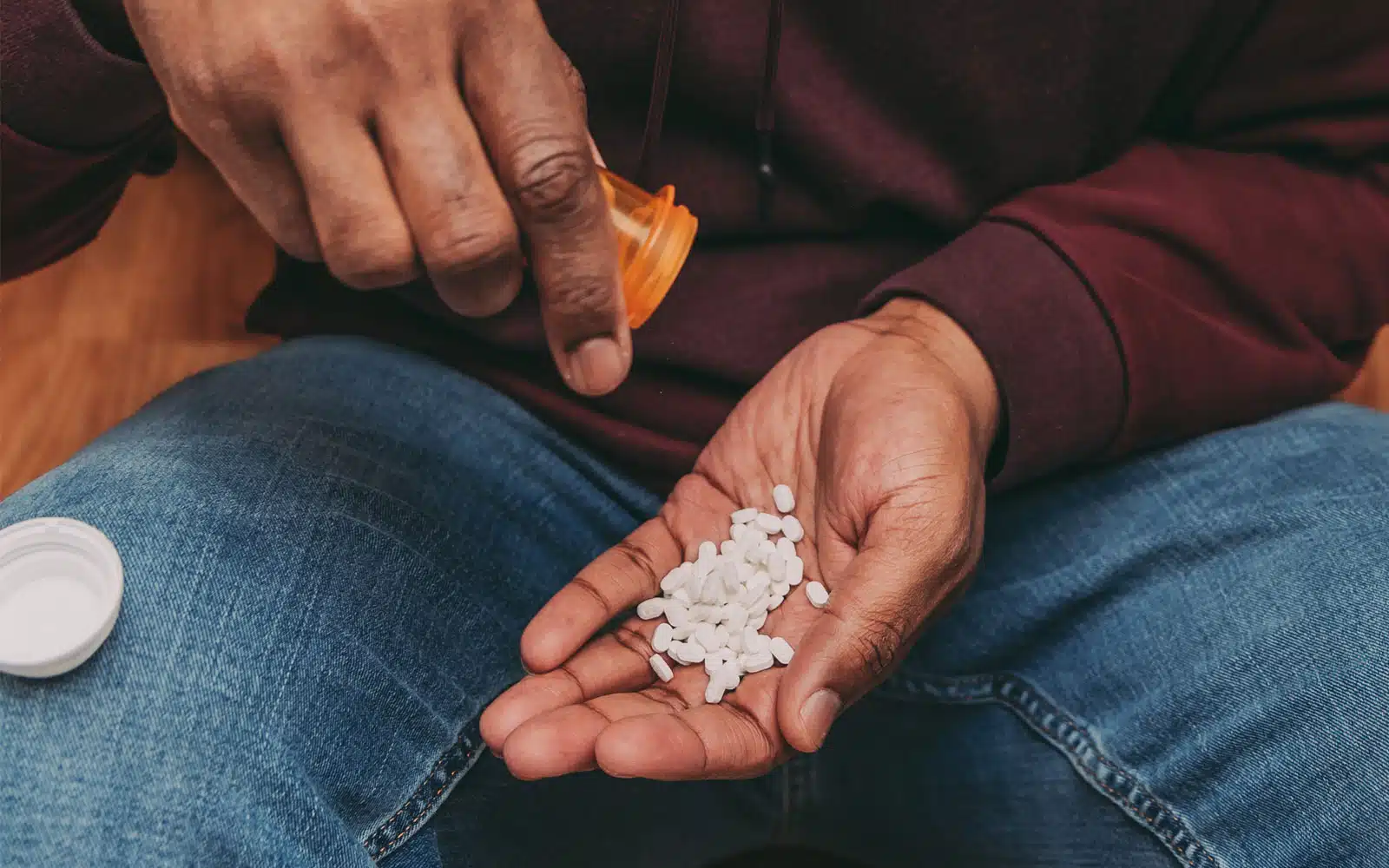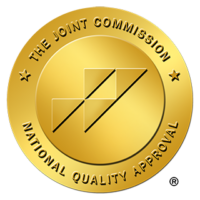Meth Detox
Methamphetamine (meth) is a potent and highly addictive stimulant that creates a sense of euphoria. The National Institute on Drug Abuse data from 2021 shares that 16.8 million people reported using the substance at some point in their lifetime. Meth is one of the most misused stimulants in the world.
As a highly addictive central nervous system stimulant, meth is a very dangerous drug. Data from the National Institutes of Health shows that, in 2022, 34,022 people in the United States died as a result of a meth overdose. Meth is easily accessible on the streets and more affordable than other stimulant drugs like cocaine. However, this easy access leads to significant mental and physical health complications for those who use it.
What makes meth even more challenging is that withdrawal symptoms can be significant and may cause a person to experience intense complications to mental health and physical well-being. As a result, professional meth detox treatment may be necessary to help a client get the help they need.
Engage Wellness Actondoes not provide meth detox treatment directly but partners with local providers who offer this service as a specialized level of care. Contact our team for immediate help in getting into the process to start the meth detox process.
What Is Meth Detox?
Detoxification (detox) is a natural process in which the body rids itself of the presence of the substance. This is done through the digestive system and eventually flushed through waste.
Detox removes the substance and toxins from the body as long as a person does not continue to use them. For detox to occur, a client must stop using meth for a period of time. During this process, the brain and body need to re-learn how to function without the presence of the substance. This is challenging from a mental and physical perspective due to the numerous withdrawal symptoms a person may experience.
There may be medical care and medications to ease that process in formal meth detox treatment.
What Happens During Detox?
Many people who wish to overcome meth dependence must work through the detox process. A formal meth detox treatment plan helps to provide the help and guidance necessary through every stage of this process. Typically, there are three steps to detox.
- Intake: The initial step in the meth detox process involves a comprehensive medical and mental health review from a licensed medical professional. The client’s medical history, current use of meth, and mental health disorders will be considered. This enables the treatment center to create a plan.
- Detoxification: In the active detoxification process, the body removes the toxins naturally as long as no more is used. During this stage of the meth detox process, symptoms of withdrawal will likely emerge.
- Post-detoxification: Within about 48 hours, withdrawal symptoms slow, and a period of recovery occurs. During this detox process stage, a client’s medical and psychological needs are met to help them start to recover.
The Meth Detox Process
Meth detox treatment typically happens within a treatment center where a person’s medical and mental health needs can be met. For those with a mild addiction and with a stable environment, at-home treatment may be an option. Most often, the following timeline and symptoms apply:
What Is Post-Acute Meth Withdrawal Syndrome?
For some people, the symptoms of withdrawal may continue to linger for several months. Though often much milder, they can include trouble with fine motor coordination, irritability, trouble remembering, and mood swings.


Types of Meth Detox
Finding the right type of meth detox treatment for a person takes careful consideration of their situation. Inpatient and outpatient meth detox treatment may be an option.
Finding the Right Meth Detox Facility for You
For those who are battling the intensity of meth addiction and dependence, it is critical to seek out immediate help. For those who have tried to stop and relapse or those who have used meth for a long time, going through the meth detox process may be necessary.
At Engage Wellness Acton, MA we can help. Reach out, and we’ll provide insight into available detox options. After the meth detox process, we can provide the dual diagnosis support you need on your road to recovery.
Contact us to learn more about the treatment options offered at Engage Wellness Acton.










